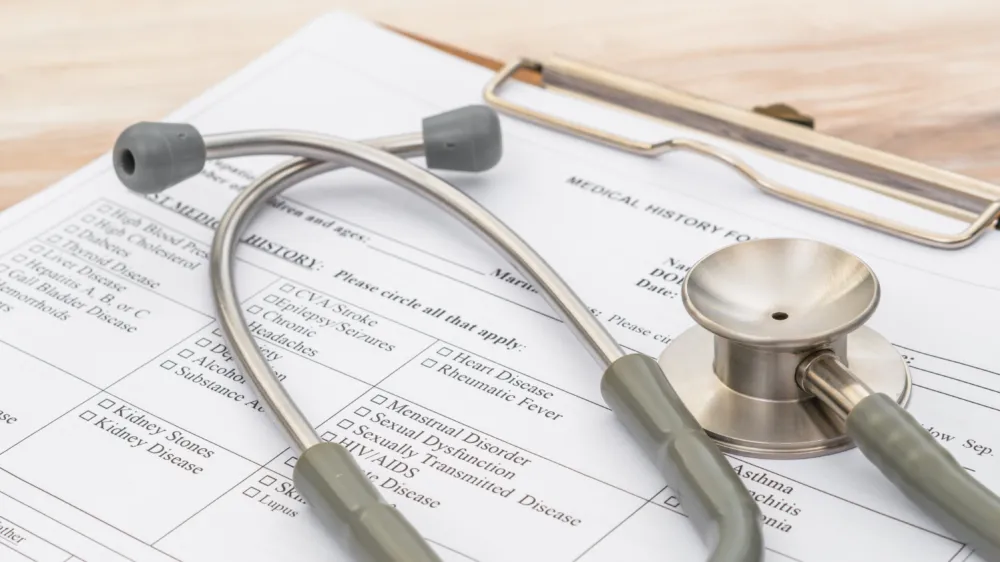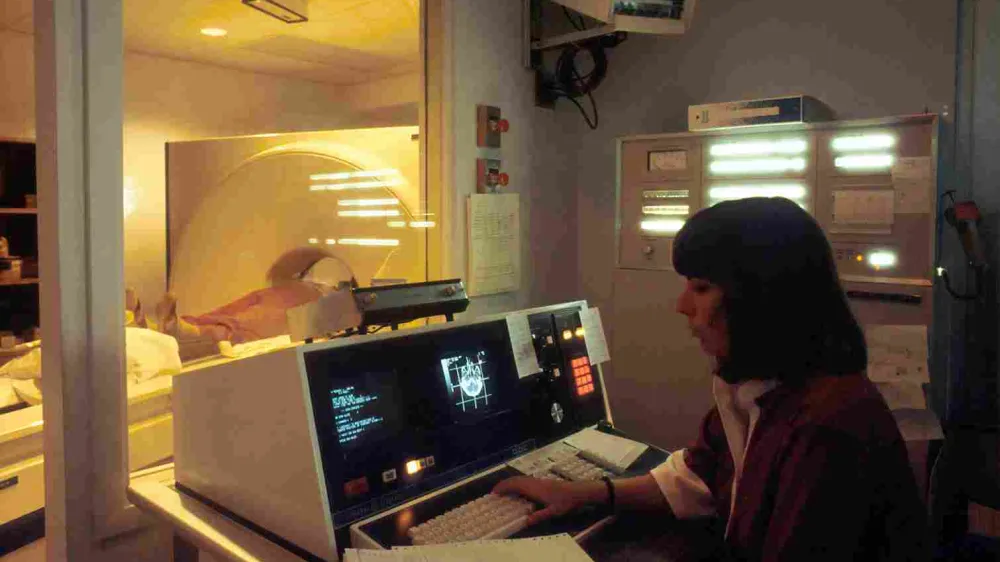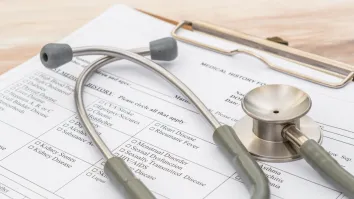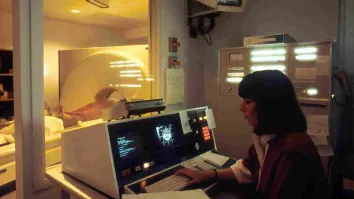
Telecare services are crucial cogs to Indonesia’s underdeveloped medical system: BMI
94% of households are 5km away from a healthcare facility.
If the world’s largest archipelago’s underdeveloped medical system is to grow leaps and bounds to hit its healthcare objectives, then it must first bridge the geographic distance between its citizens and quality healthcare access.
This is easier said than done, though, according to BMI, as Indonesia’s 17,508 rural islands pose a challenge unlike any other.
However, telecare may be what the doctor ordered for its ailing medical system, as BMI said tele-healthcare will be particularly apposite given the skewed distribution of healthcare personnel and infrastructure in the country.
“In 2015, East Java had 4 hospital beds per 10,000 people, a ratio far less than Yogyakarta which had 13 hospital beds per 10,000 citizens,” BMI Research said.
Meanwhile, Indonesia is also suffering from an acute shortage of specialist doctors, with a study published in April 2013 noting that Jakarta had 30 specialists per 100,000 people as compared to East Nusa Tenggara where there were only 1.6 specialists per 100,000, according to BMI.
Additionally, BMI adds that if Indonesia is to capitalise on the huge potential of the telecare sector, then it must bank on the private sector.
“The government, while important, has largely been a minor player in the sector's growth despite early involvement in discussing the concept of telemedicine in 1997,” BMI Research said.
Policies and regulations have been hazy and not clearly defined by Indonesian authorities, BMI said, as their focus is largely on pilot programmes where it plays a facilitation role.
“The public sector's impact on telecare accessibility is much more indirect. The government's involvement in the telecoms sector as of late has largely been to drive 3G/4G uptake by proposing policies such as taxes on 2G devices and local-content quotas in smartphone,” BMI Research said.



















 Advertise
Advertise





